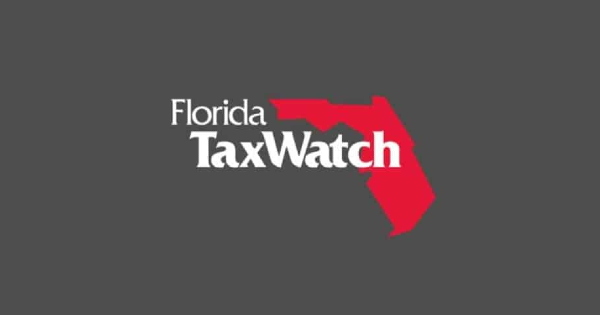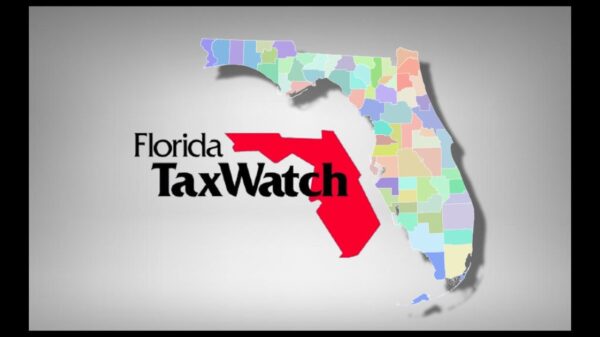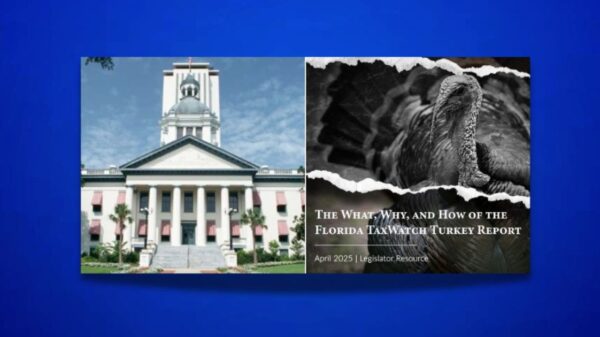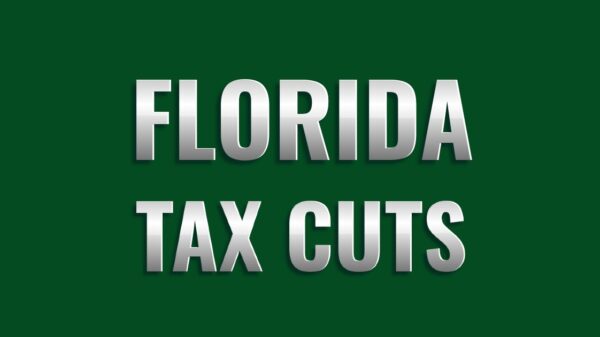This week, Florida TaxWatch (FTW) released “2021 How Florida Compares: Taxes,” a report which includes an analysis of Florida’s state and local tax rates, tax collections, and other government revenues and compares the data to the 49 other states and the national average.
The report is part of the taxpayer research institute’s larger “How Florida Compares” series, providing neutral, nonpartisan information intended to help Floridians better understand their state.
Florida TaxWatch President and CEO Dominic Calabro weighed in on the report on Wednesday.
“As outlined in this one-of-a-kind report, Florida continues to be a relatively low tax state, with extremely low per capita state taxation, but considerably higher local taxes. While our ‘Per Capita State Tax Collections’ rank rose from 50th to 49th, our per capita amount still decreased by just over $100 per Floridian. On the other hand, our ‘Per Capita Local Tax Collections’ ranks 28th, as we rely more heavily on local revenue to fund government than any other state,” Calabro said.
“Florida TaxWatch is hopeful that this comprehensive data and the insight it offers will serve as a resource for taxpayers and policymakers alike, allowing them to understand the costs of our state and local governments and how they stack up on a national level,” he added.
The following are some key facts and findings outlined in FTW’s report:
The COVID-19 pandemic reached Florida late in Fiscal Year 2019-20, but its impact was immediate and severe. Per capita state tax collections fell by 4.9 percent in Fiscal Year 2019-20, significantly higher than the national average of 1.9 percent.
Florida’s per capita property tax ranking is just above the median at 24th. Before the housing bubble burst, it reached as high as 12th, but it dropped to 26th in 2014 and has since remained stable.
Ranked ninth largest in the U.S., Florida classifies 38.6 percent of its state and local own-source general revenue as non-tax revenue. In fact, nearly half (46 percent) of local own-source revenue is classified as non-tax, highlighting local governments’ use of special assessments, charges for services, and impact fees.
Transaction taxes (general and selective sales taxes) account for 81.5 percent of all Florida’s state tax collections, with the national average at just 48.2 percent.
Businesses pay more than half (53 percent) of all state and local taxes in Florida, the 9th highest percentage in the U.S., higher than the national average of 44 percent.























